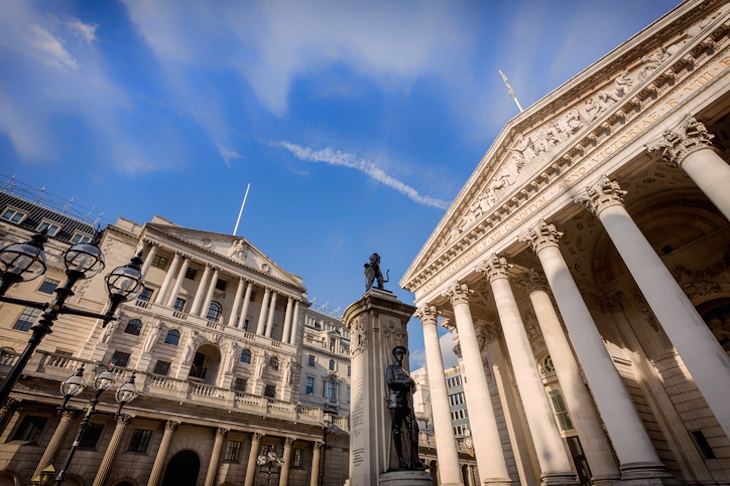Essay question: what was the most consequential British public policy decision taken in the last 10 years?
Clue: it wasn’t David Cameron’s call on an EU referendum. It wasn’t even done by a politician.
The biggest thing in British public life since 2008 has been the Bank of England’s emergency stimulus package for the UK economy. It probably averted an even worse economic crisis. It possibly allowed or perhaps necessitated the Coalition’s fiscal austerity. And it skewed the distribution of economic advantage in favour of people who own stuff, especially houses.

How the assets of the rich have soared thanks to QE and low interest rates. Chart from Bank of England / Andy Haldane: How Monetary Policy Affects Your GDP
Whether or not quantitative easing increases income inequality is still up for debate (even the BoE’s economists aren’t really sure) but it’s less contentious to suggest QE boosted house prices by making credit for purchasing housing assets cheaper. So if you owned property, or had the wealth to invest in it, QE was – and is – a godsend. But if you don’t, it’s a generational curse. And it’s one that at least coincided with a long, nasty period of wage stagnation.
And the consequent political narrative defines our times. The idea that ‘the system’ is rigged in favour of asset-owners is a powerful one. Just ask Jeremy Corbyn, or Nigel Farage. Or David Cameron, destroyed by a popular vote at least partly driven by the feeling that the political and economic establishment had fixed the game in its own favour.
QE was supposed to be temporary, an emergency shot of adrenaline to keep the economic pulse rate out of the danger zone. That was the theory in March 2009 when it began, anyway. So it proved elsewhere: the US Federal Reserve called an end to QE last year. This week, the European Central Bank said the same.
And Britain? There is no end in sight. Some BoE people say there’s ‘no hurry’ to end QE. One former MPC member says QE might never end.
Is this the right call? What will it mean, not just economically but socially and politically? I have some answers to those questions but that’s not the point of this piece. My point here is that precious few of the people who are supposed to run the country are even asking those questions, never mind answering them.
Theresa May did try in 2016, but was effectively batted away by a fierce BoE rebuttal.
It’s reasonable enough for the independent bank to defend its independent policies, but I worry that too many people involved in this have come to interpret ‘independent’ as meaning ‘no critical debate allowed’.
QE is one of the defining policies of our times, a root cause of many other things that get much more attention. Other countries who have used it and felt its effects, both good and bad, are bringing it to an end. Britain is not. At the very least, we should talk about that a lot more.







Comments